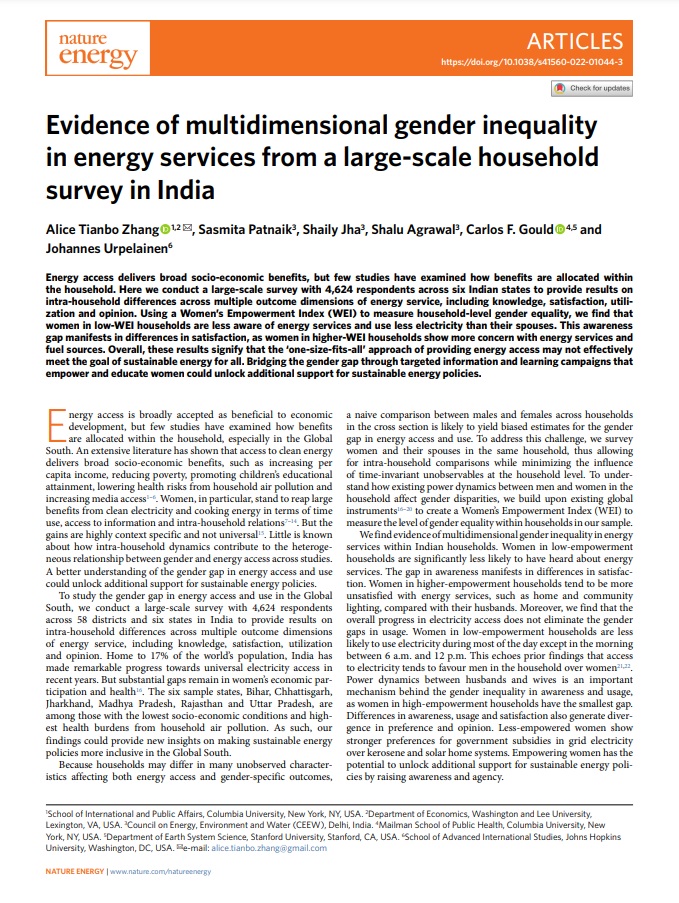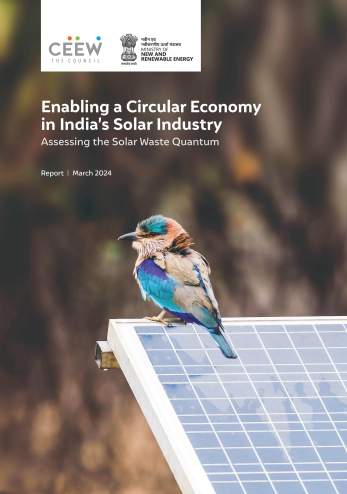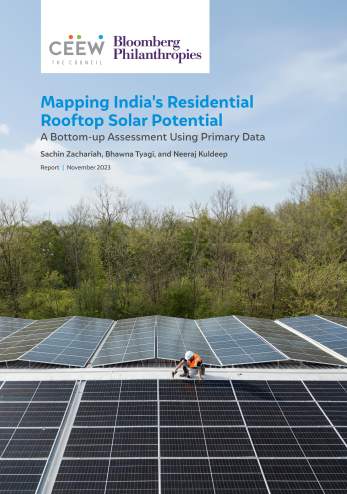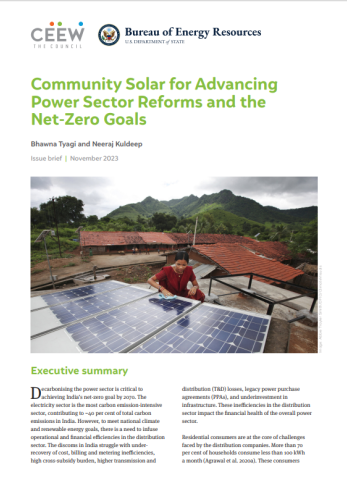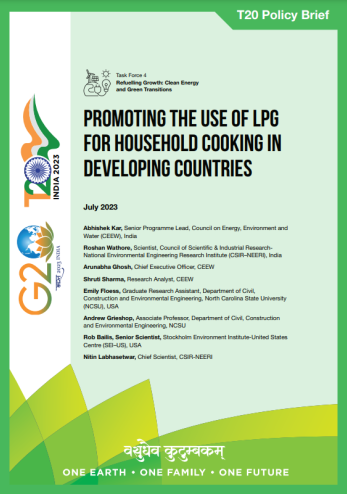Paper
Evidence of Multi-Dimensional Gender Inequality in Energy Services from a Large-Scale Household Survey in India
Alice Tianbo Zhang, Sasmita Patnaik, Shaily Jha, Shalu Agrawal, Carlos F. Gould and Johannes Urpelainen
June 2022 | Energy Transitions
Zhang, A.T., Patnaik, S., Jha, S. et al. Evidence of multidimensional gender inequality in energy services from a large-scale household survey in India. Nat Energy (2022).
Overview
This paper investigates intra-household differences across multiple outcome dimensions of energy service, including knowledge, satisfaction, utilisation and opinion. The study findings are based on a large-scale survey with 4,624 respondents across six Indian states.
In order to understand the intra-household dynamics, the authors conducted and analysed responses from both primary cooks and their spouses from 2,300 rural and urban slums households. The study uses a women empowerment index (WEI) to assess gender equality and women’s agency. The ability to engage in paid work and financial independence emerged as a key factor differentiating households with low and high WEI.
Source: Authors' analysis
Key Highlights
- On average, women are less aware of government schemes on energy access, such as the Ujjwala and Saubhagya schemes, as compared to their spouses. Intra-household awareness gaps are highest among less-empowered women.
- Though most biomass users worry about the health impact of smoke, this concern is lower among less-empowered women (also dominant users of biomass).
- Women, as primary cooks, tend to be less satisfied with the state of fuel availability (LPG/firewood). But it is women with higher bargaining power who are more demanding of better quality energy services than their spouses.
- When it comes to energy subsidies, more than 90 per cent of men and women want subsidies for electricity and LPG. But women from low-WEI households have a stronger preference for electricity subsidies.
The ‘one-size-fits-all’ approach of providing energy access may not effectively meet the goal of sustainable energy for all. Bridging the gender gap through targeted information and learning campaigns that empower and educate women could unlock additional support for sustainable energy policies.




